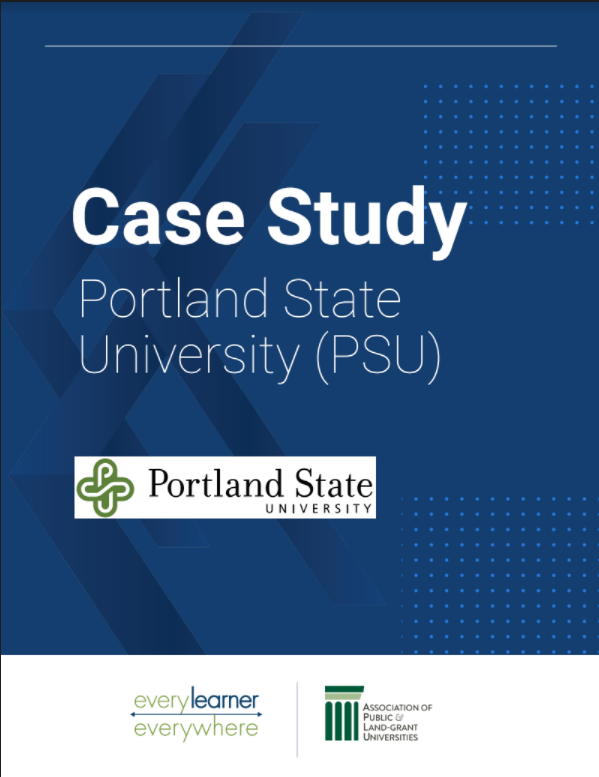
Combining active learning with adaptive courseware leads to a statistically significant reduction of DFW grades in foundational courses.
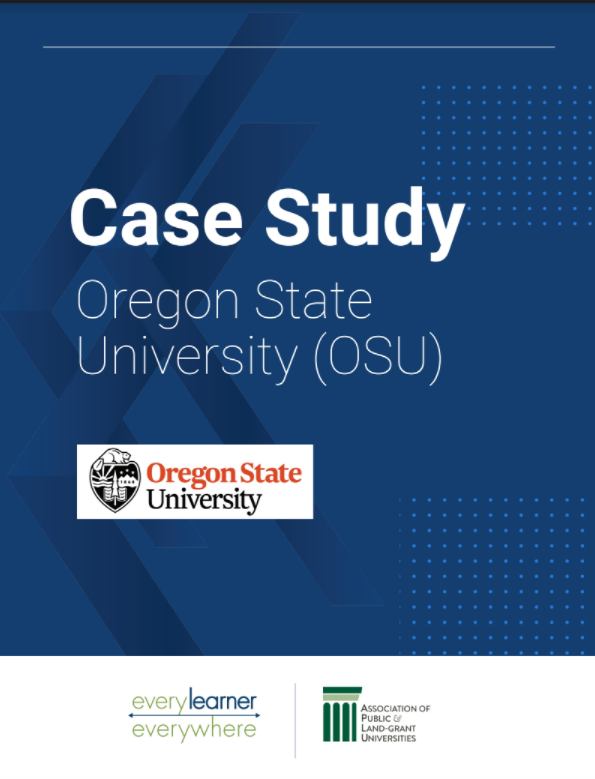
Stakeholder engagement and close collaboration important to the adaptive courseware implementation process.
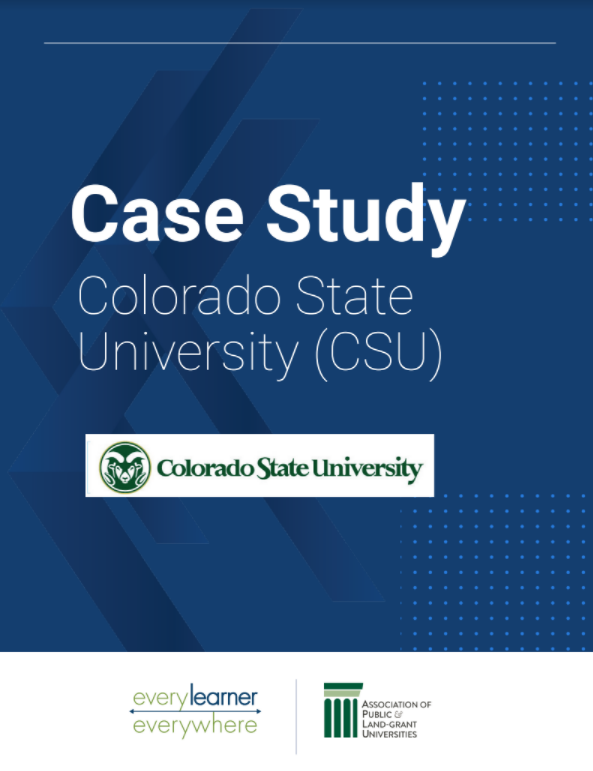
A case study at Colorado State University (CSU), found the use of active learning and adaptive courseware, along with an intentional faculty development program, are key in the implementation of adaptive courseware.

How advances in digital courseware paired with evidence-based, equity-first, innovative teaching can better serve today’s students.
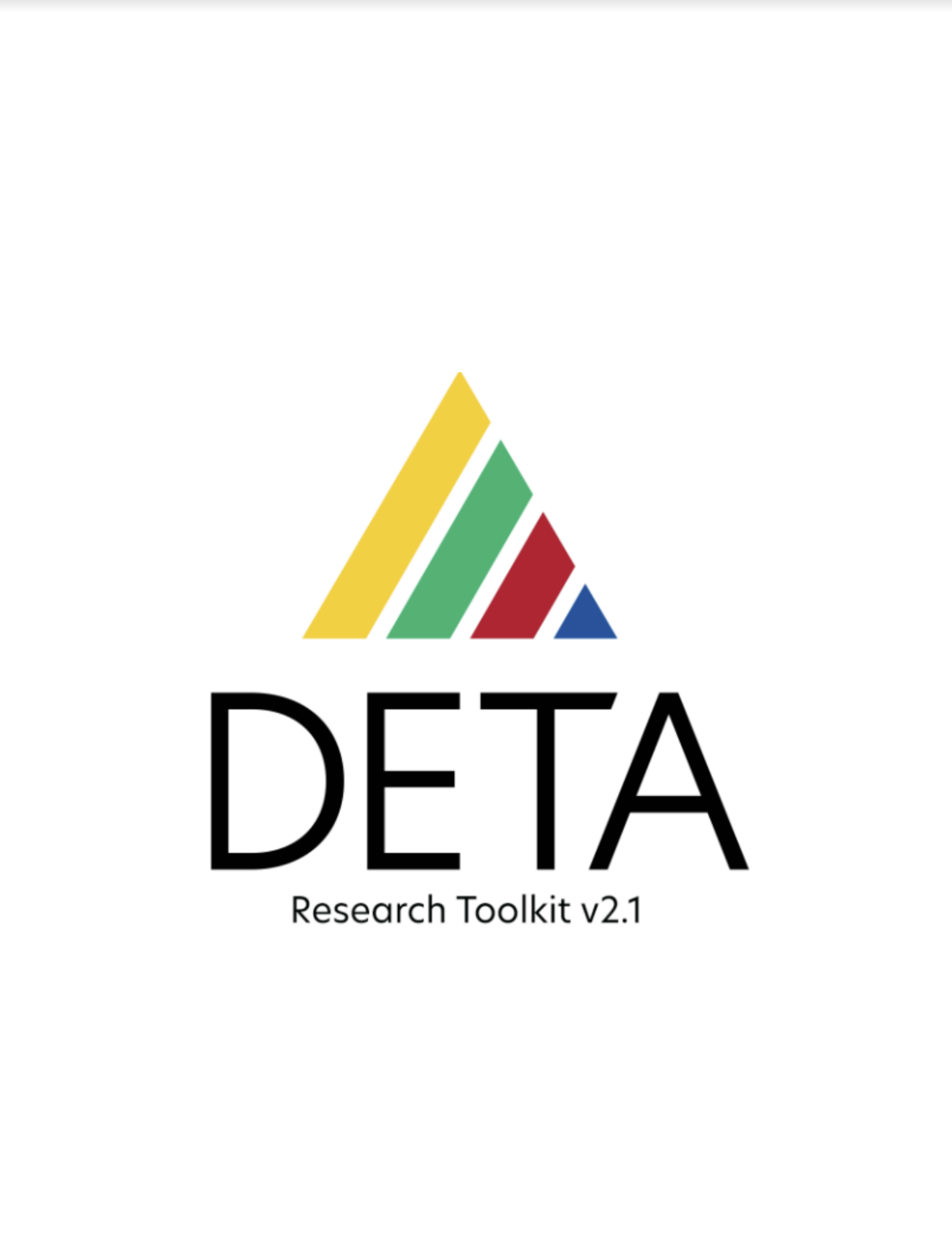
The DETA Research Toolkit 2.0 provides resources and tools to move research beyond the traditional paradigms and to explore innovative methodologies.
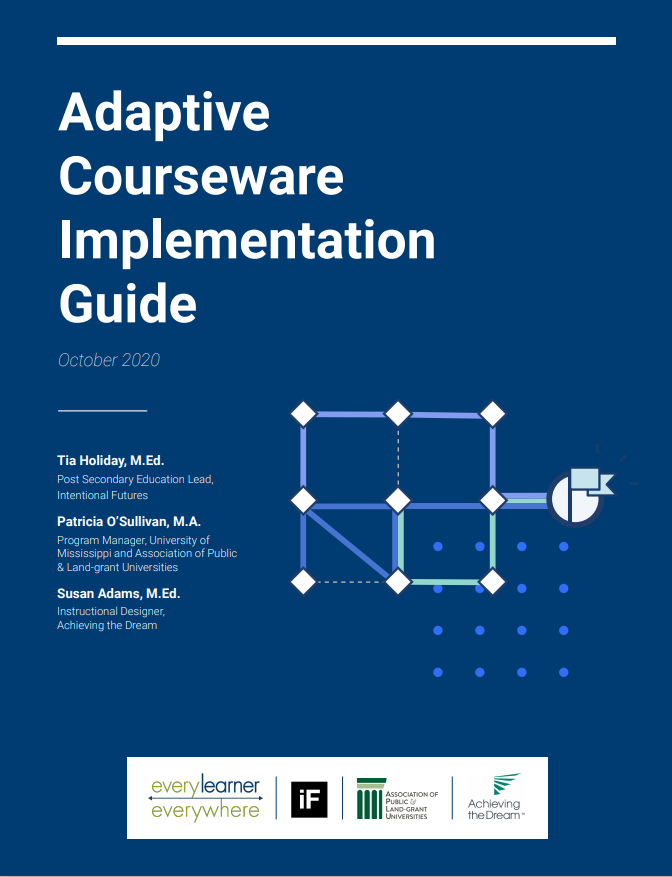
This extensive resource will provide you with practical strategies and resources to implement adaptive courseware with an equity-minded and student-centered approach.
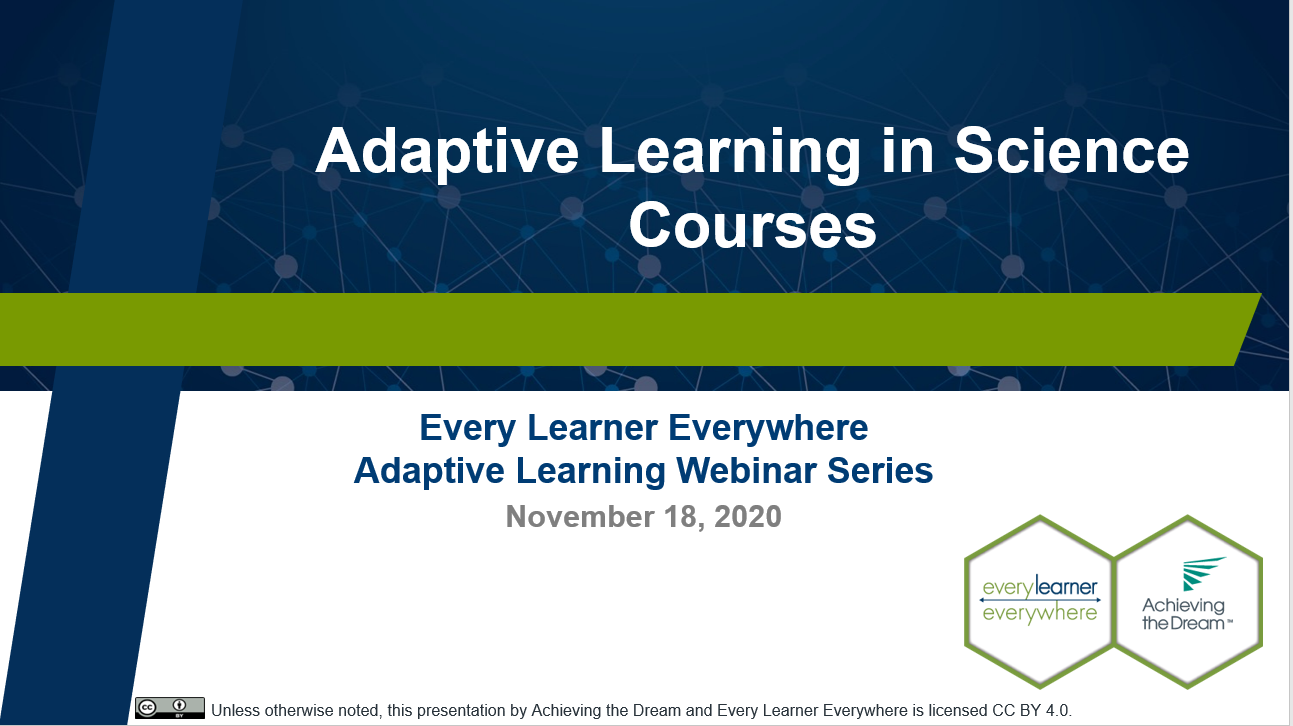
Faculty discuss adaptive learning in science and how tools and practices can transform courses to increase student success.
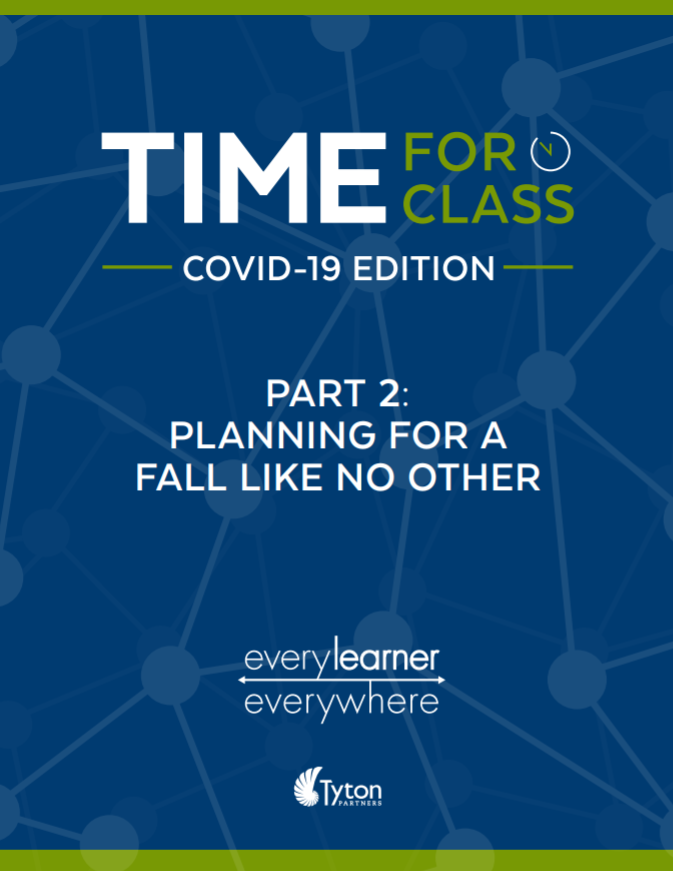
This is the second report in an ongoing series designed to understand the ongoing impact of the COVID-19 pandemic on teaching and learning in higher ed.
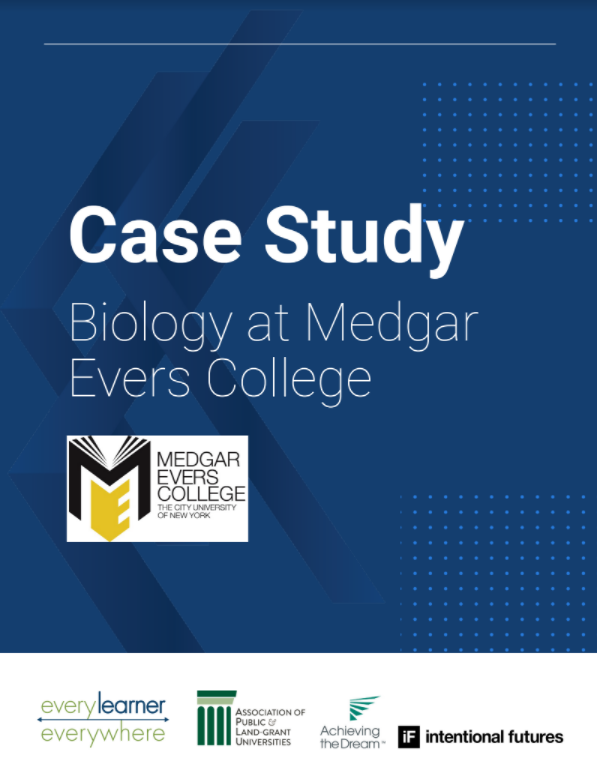
This case study looks at how active learning and learning analytics can improve student success in biology courses.
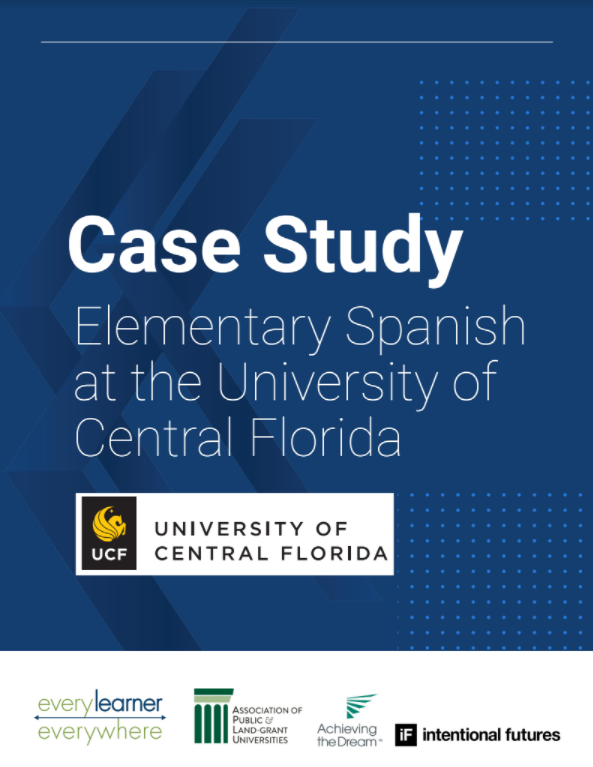
This case study on elementary Spanish looks at how to customize a course for a students by involving them in review and updates.
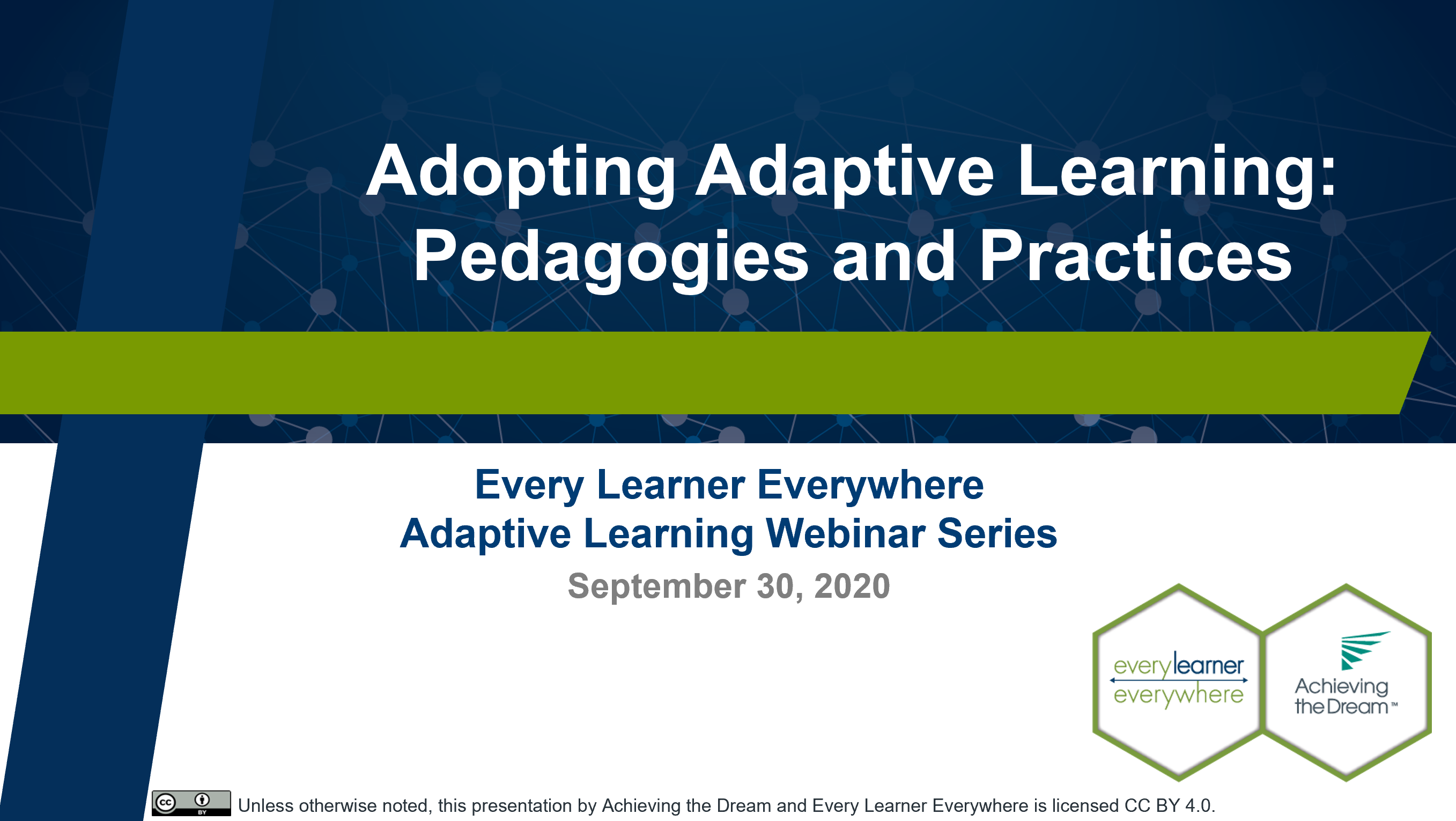
Faculty discuss how they’ve brought adaptive learning into their courses, and how it has altered teaching and learning for them and their students.
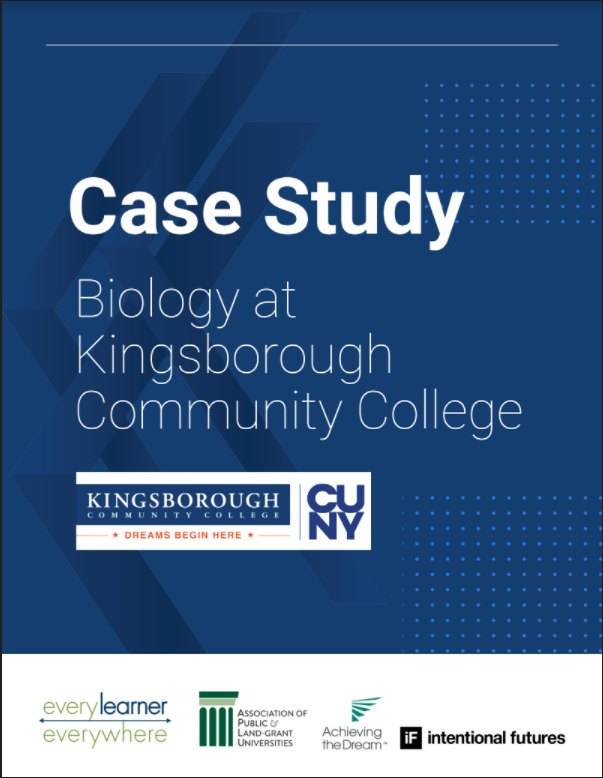
This case study looks at how biology students can make test bank questions relevant by co-writing them
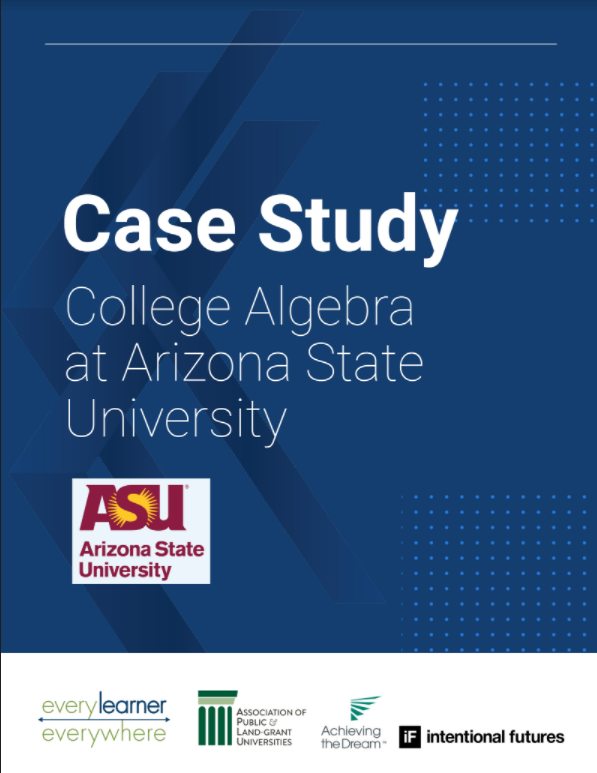
This case study looks at removing barriers and increasing student success in college algebra.
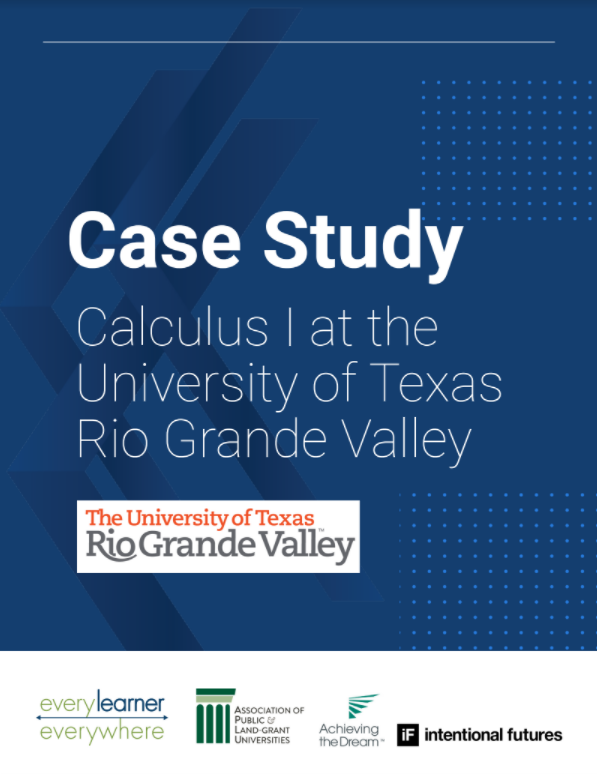
This case study looks at how Calculus faculty are improving student success through multi-section coordination.
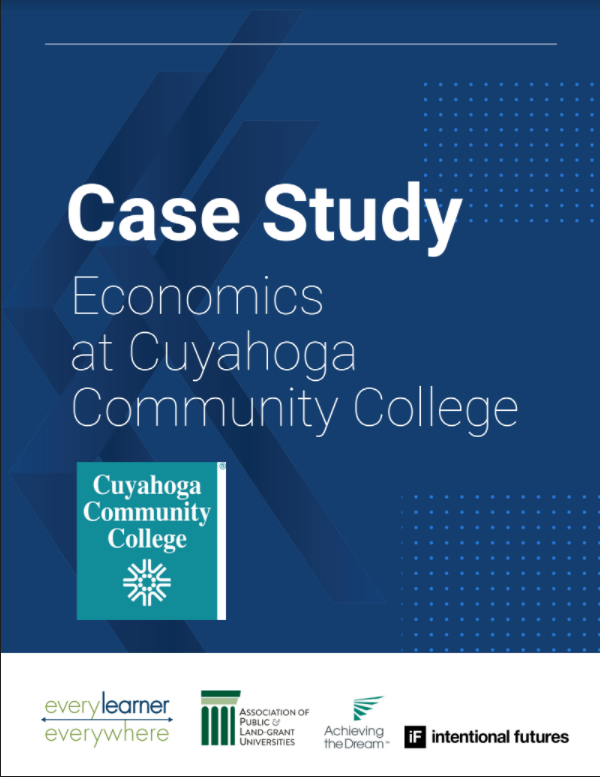
This case study looks at how one professor is increasing Course Success in economics through Student Engagement and Active Learning.
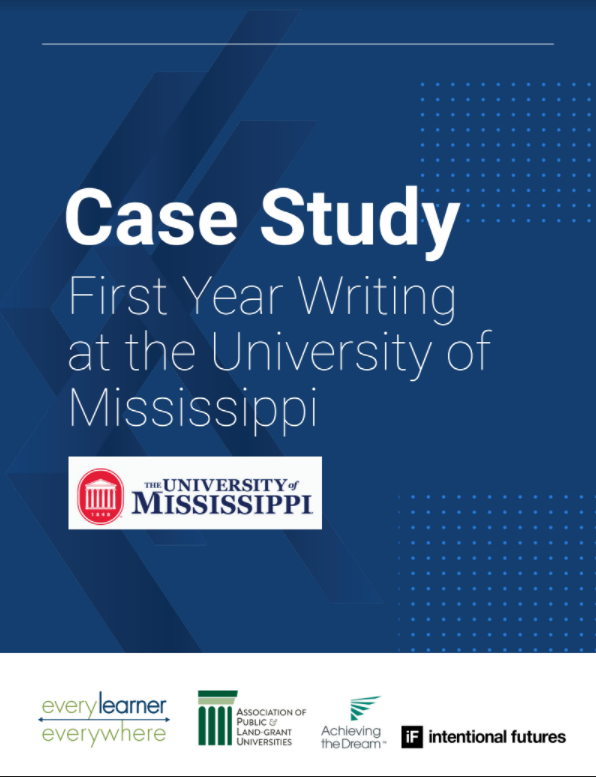
This resource provides suggestions for breaking down those barriers to international students in online learning.
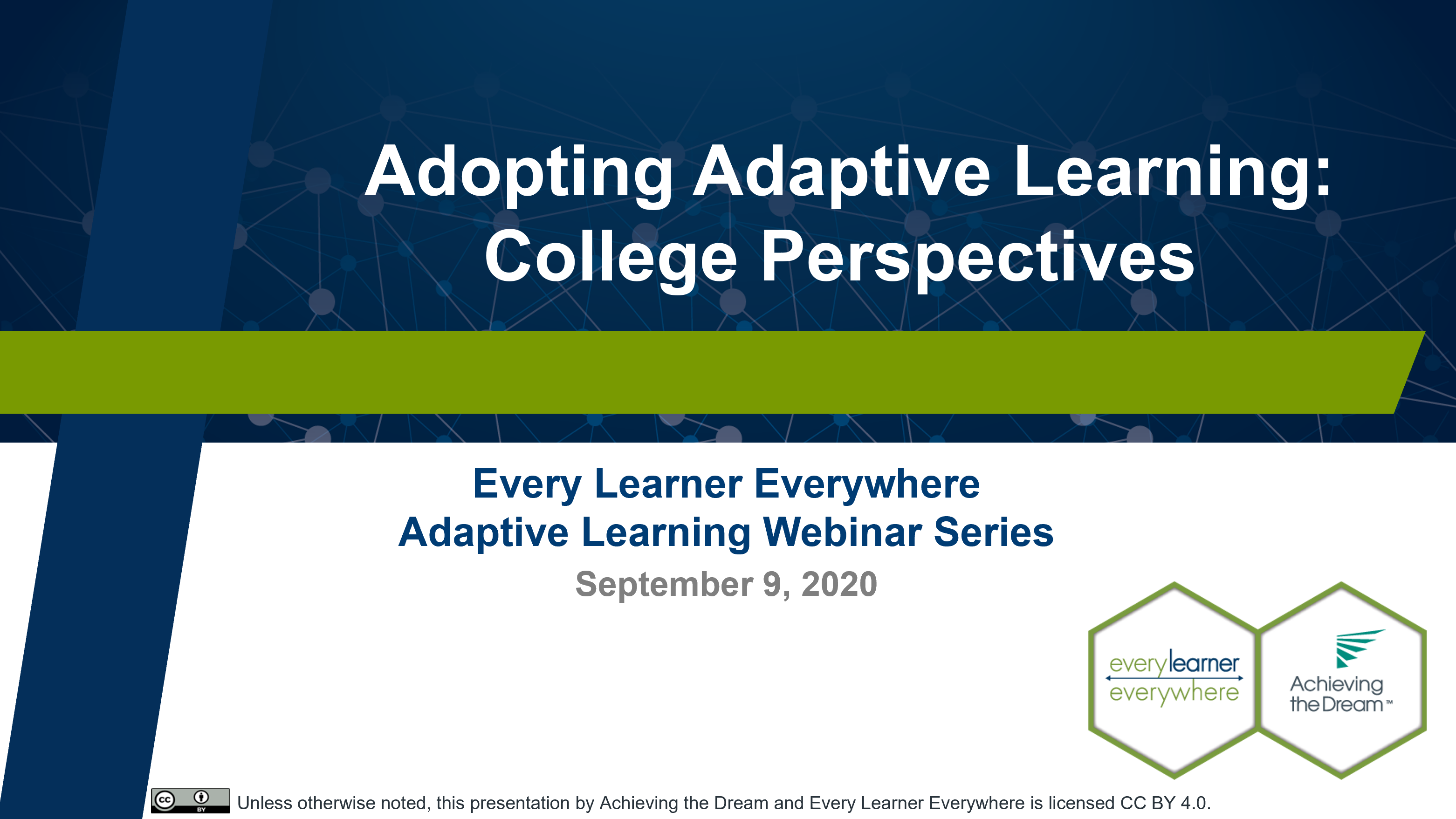
Faculty and staff from various ATD colleges share their experiences implementing adaptive learning at their colleges
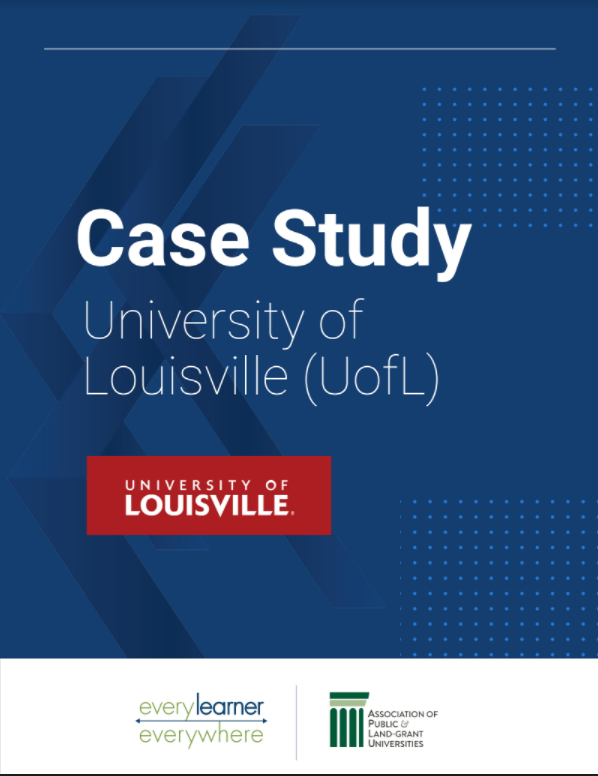
This case study from the University of Louisville demonstrates their approach to leveraging adaptive courseware to improve course design.
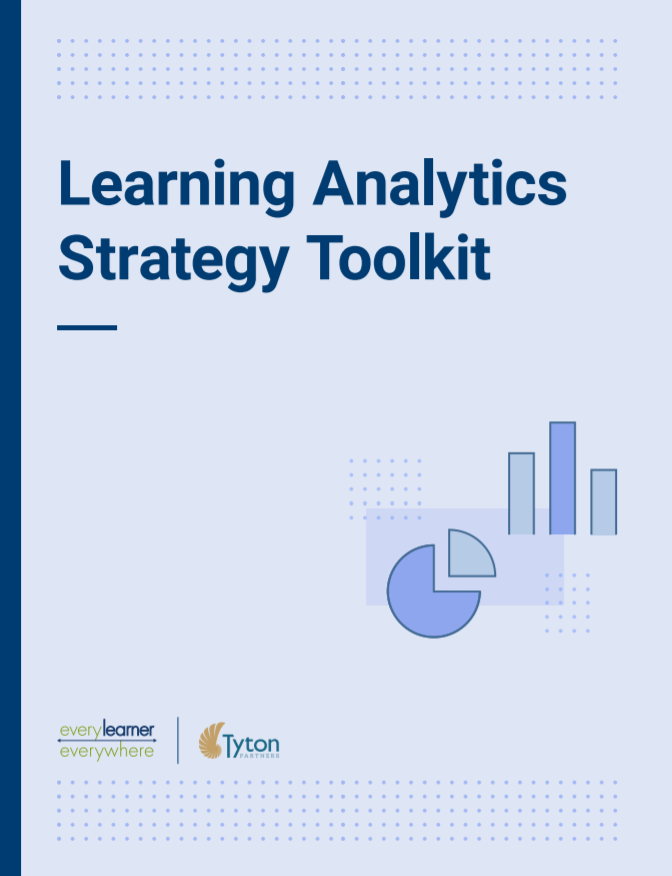
For all students to have an equal opportunity to succeed, instructors must personalize learning rather than teach to a fictional average student. Learning analytics has the potential to assist instructors …
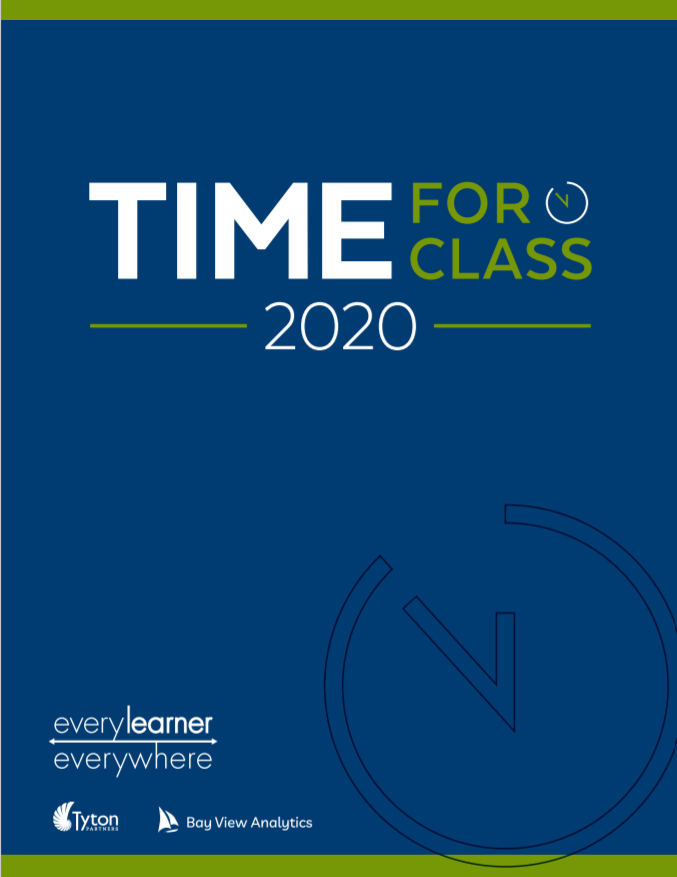
This survey is designed to help higher education stakeholders gain an understanding of digital learning tools for increasing affordability and accessibility for students.
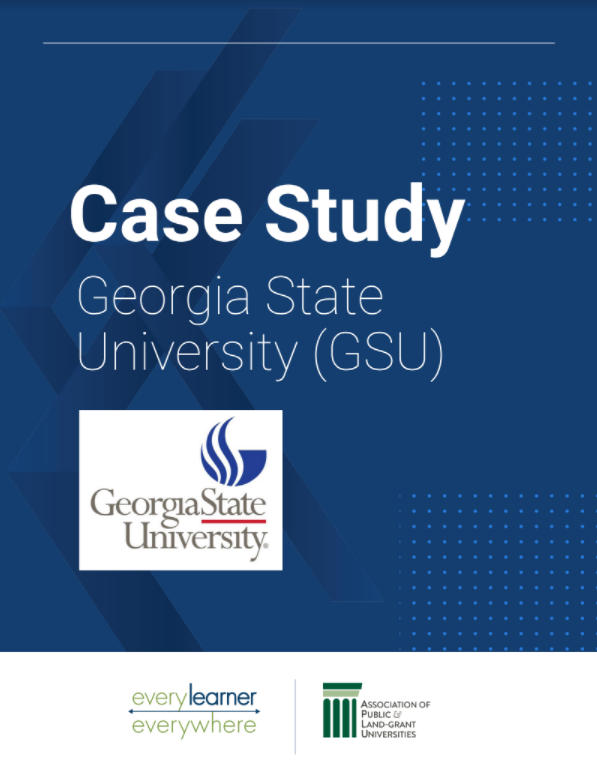
This case study from Georgia State University demonstrates their approach to scaling adaptive courseware and the effective use of analytics.
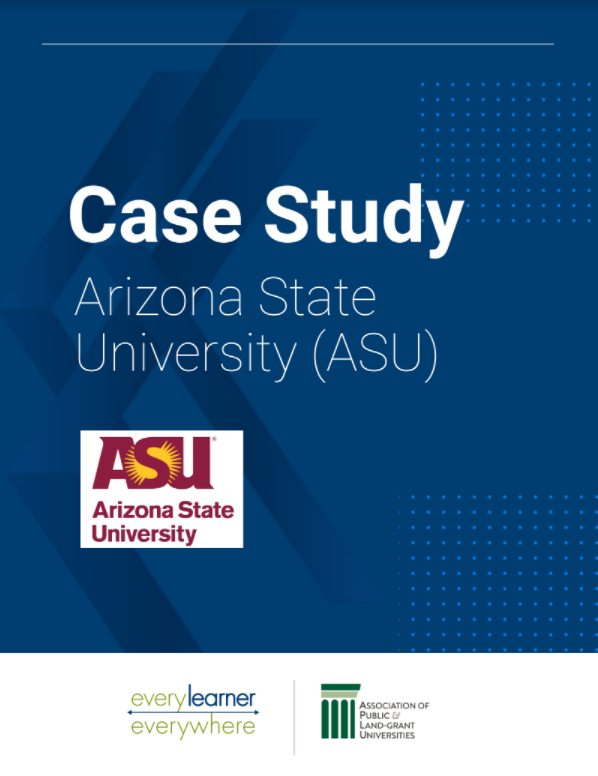
In this case study, Arizona State University shares the progress of their adaptive courseware implementation.
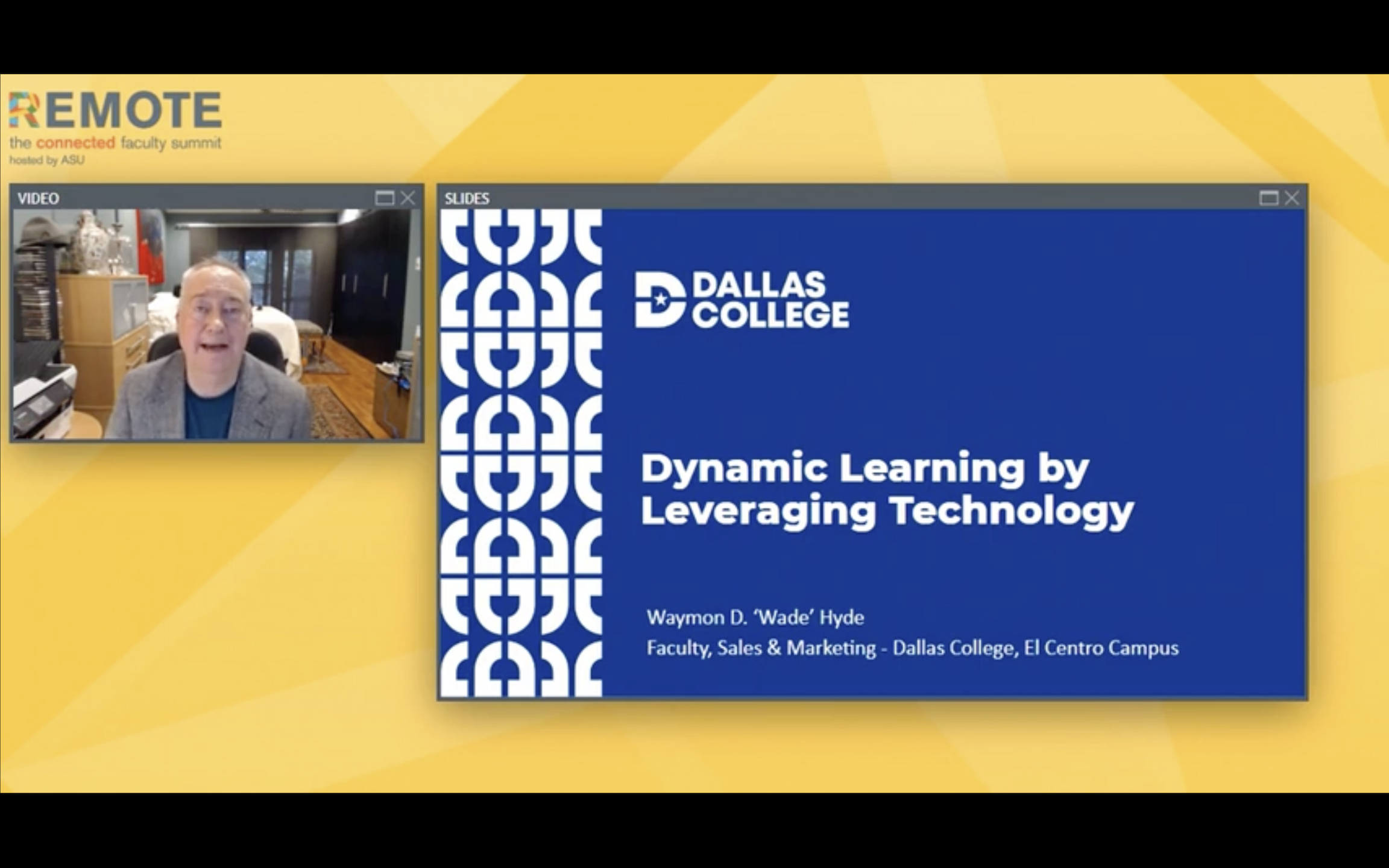
In this webinar, faculty discuss a variety of teaching and learning technologies, including Lumen Learning’s Waymaker, Calendly, and Portfolium.
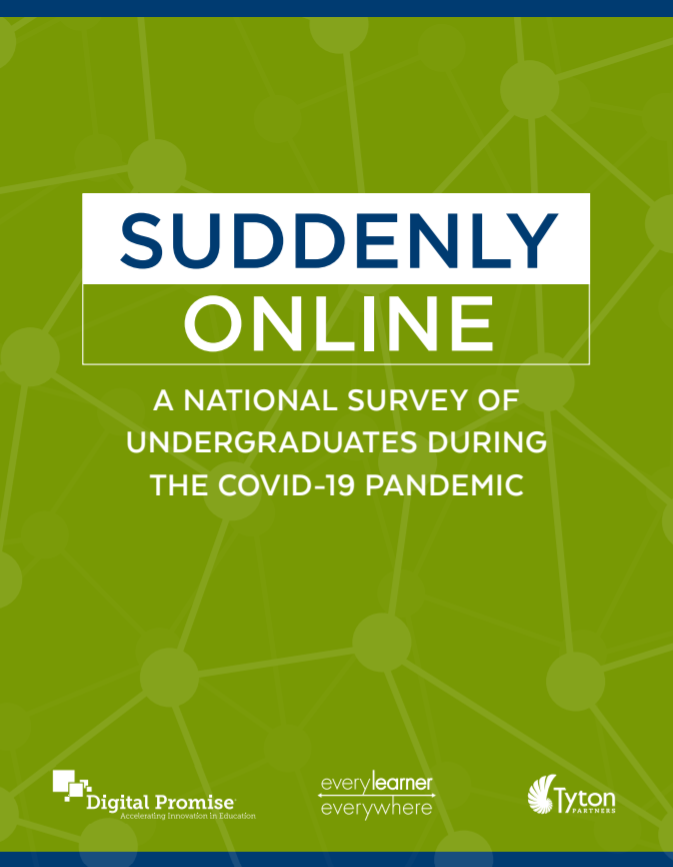
This report describes results from Digital Promise’s national, random-sample survey of more than 1,000 college students whose coursework moved suddenly from in-person to completely online
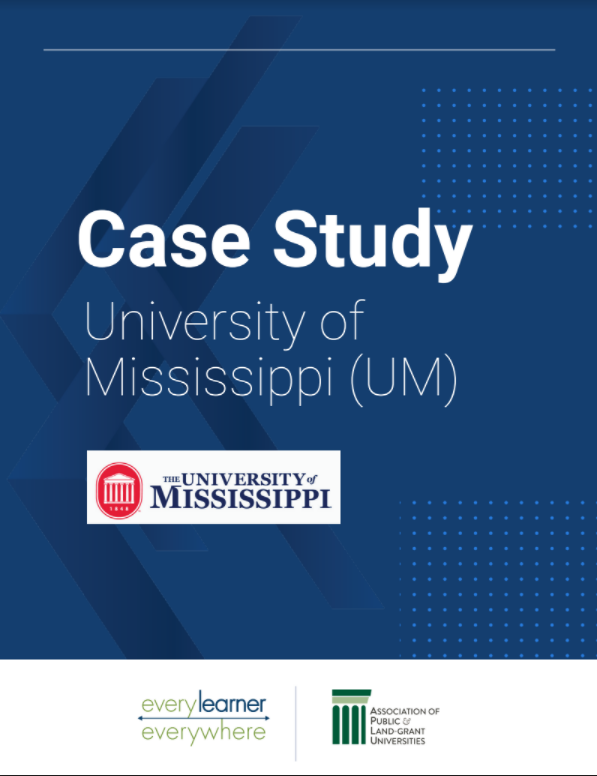
This case study looks at faculty support and buy-in and draws on valuable insights from student focus groups.
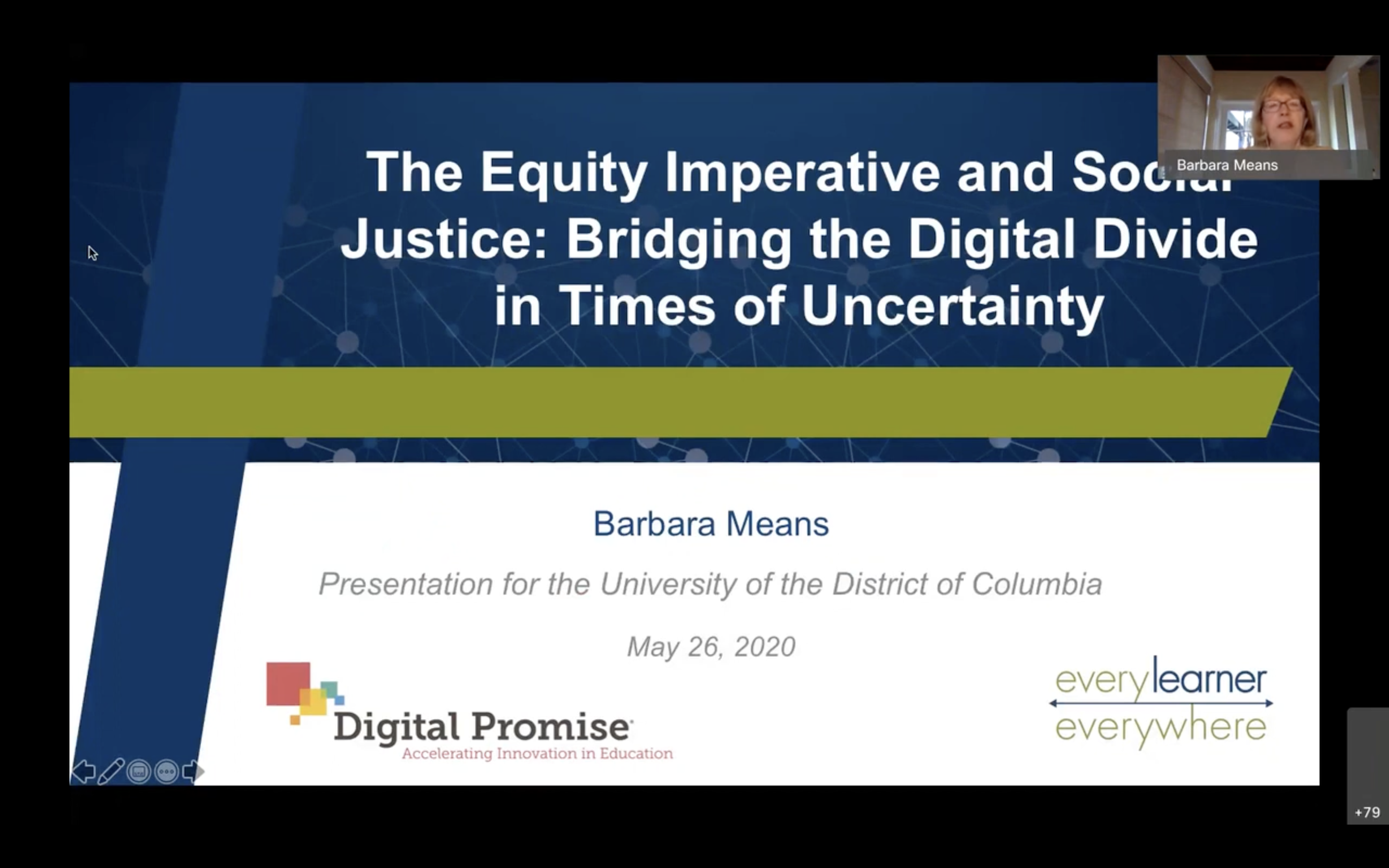
Barbara Means of Digital Promise presents findings from a survey of students learning remotely and offers solutions for bridging the digital divide at the University of the District of Columbia.
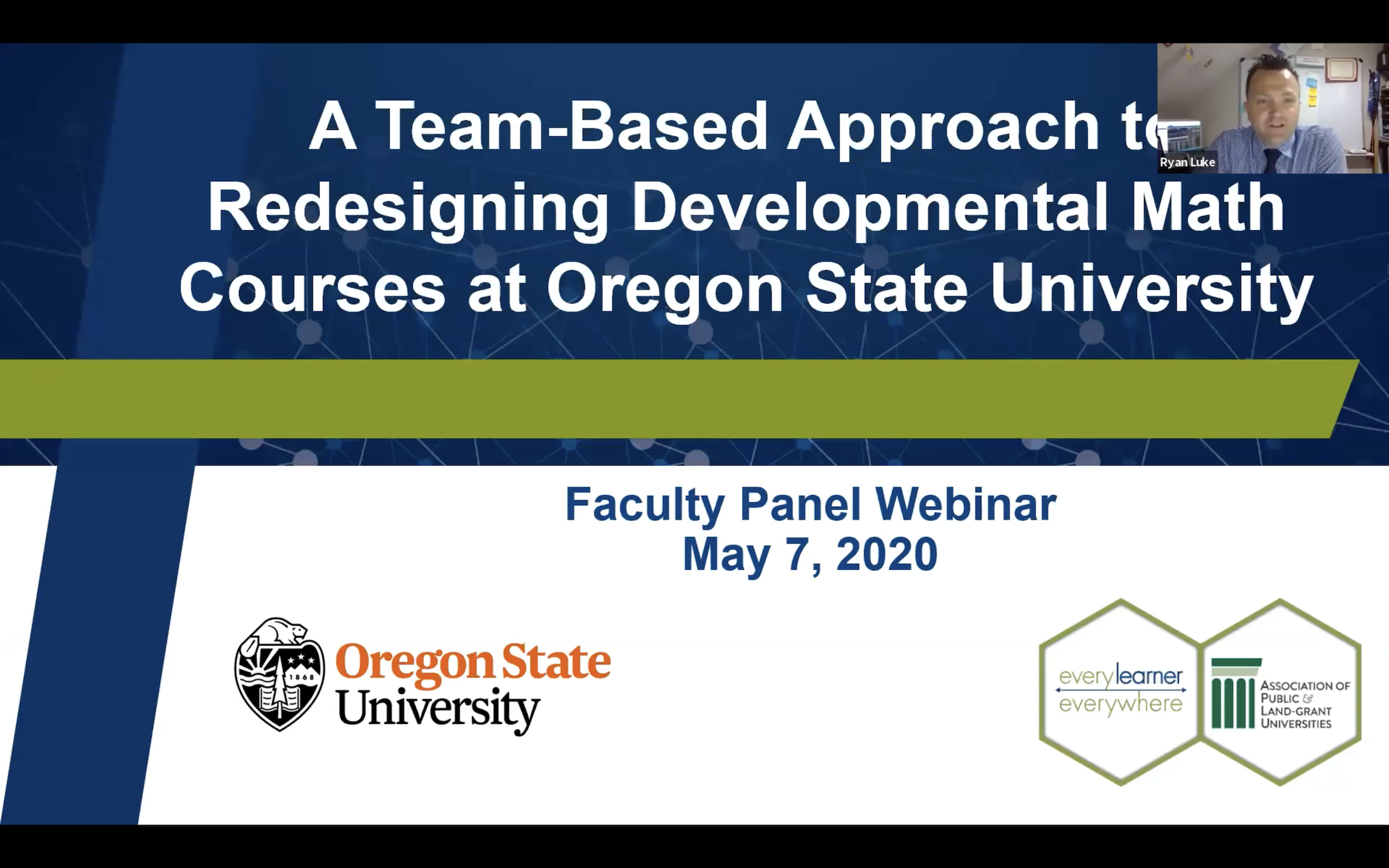
Faculty share how they coordinated the redesign of their developmental math courses using adaptive learning courseware to successfully improve course Drop/Fail/Withdrawal rates.
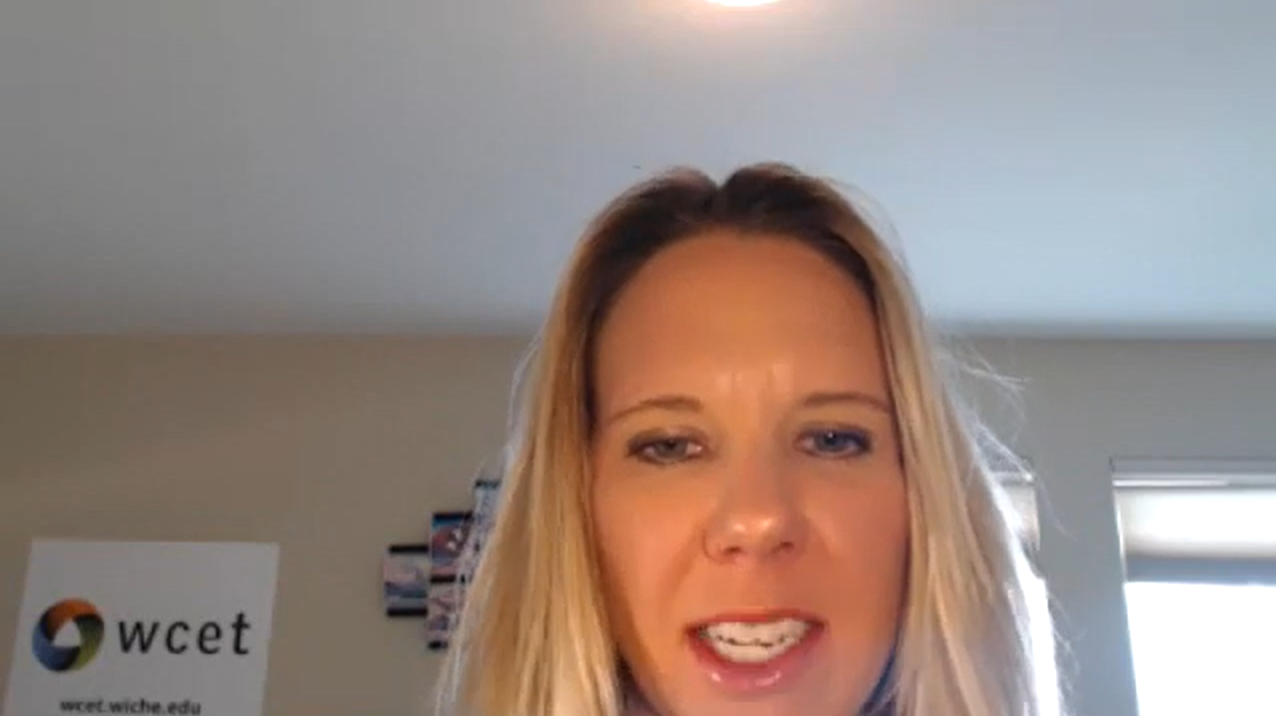
This webinar conversation highlights how students can navigate an unknown fall academic year and how administration can support students.
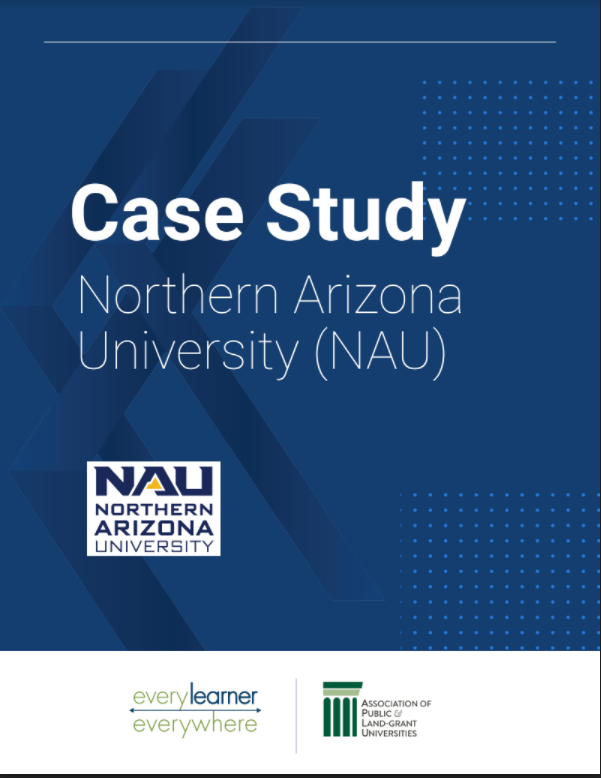
This case study from Northern Arizona University demonstrates the increase in student success that can result from the implementation of adaptive courseware.
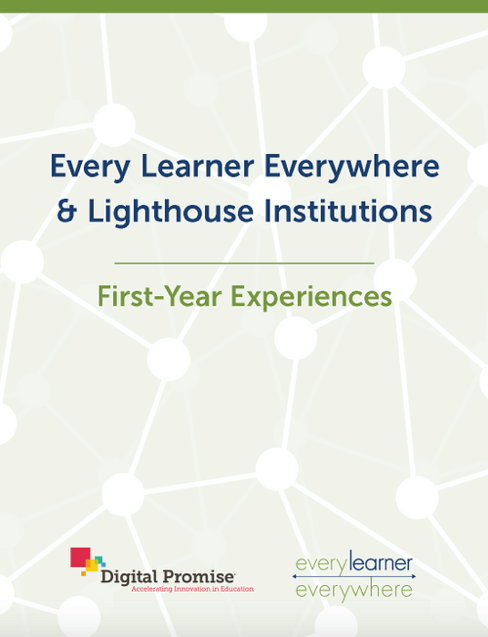
The report Every Learner Everywhere & Lighthouse Institutions shares first-year experiences of 2- and 4-year colleges piloting new versions of gateway courses incorporating adaptive learning.
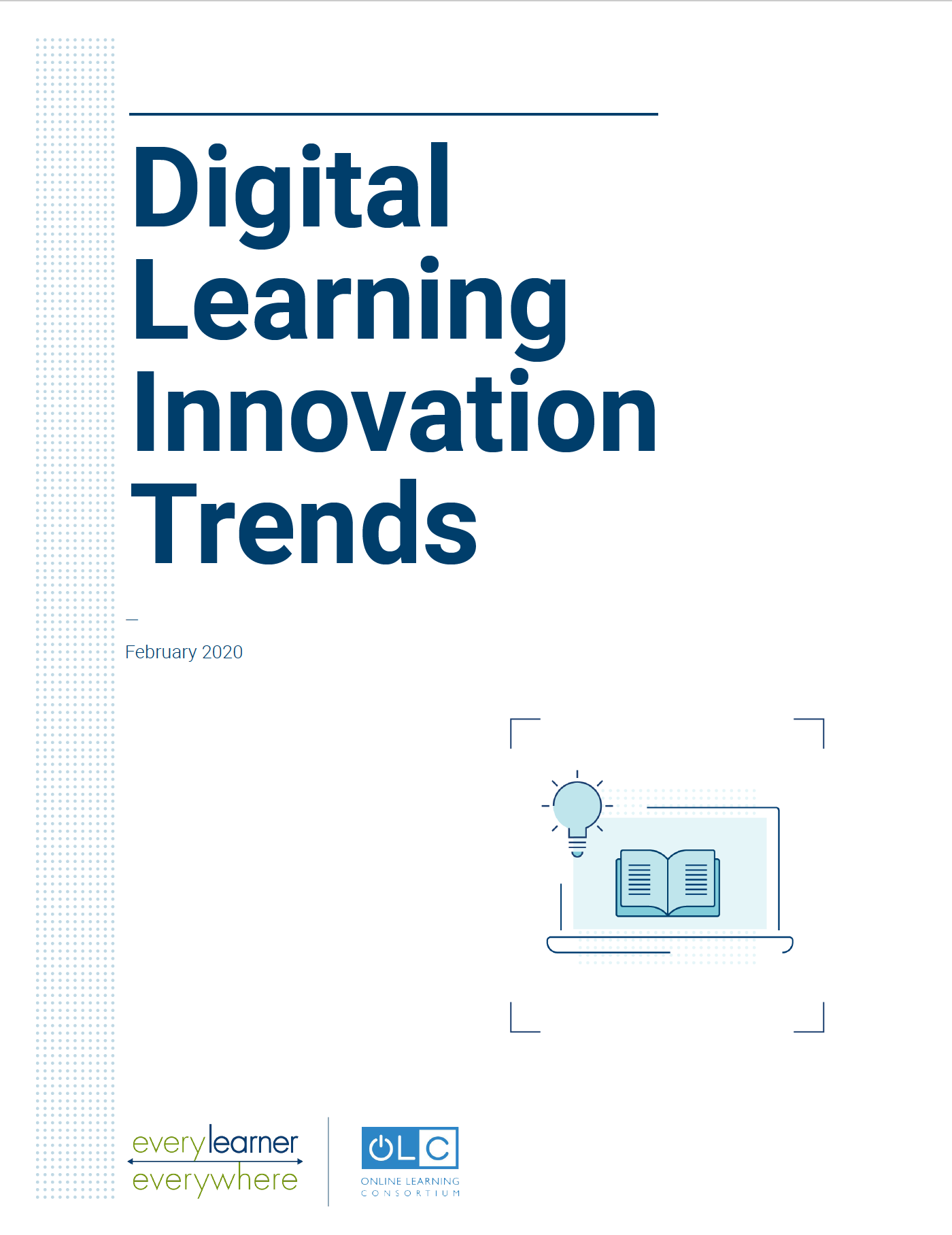
This analysis identified seven major and three secondary trends in digital learning innovation. The goal of adaptive learning and OER implementations is to advance institutional efforts in providing access and quality while improving student success.

This resource provides an introduction to the processes, challenges, and considerations involved in running impact studies in postsecondary institutions.
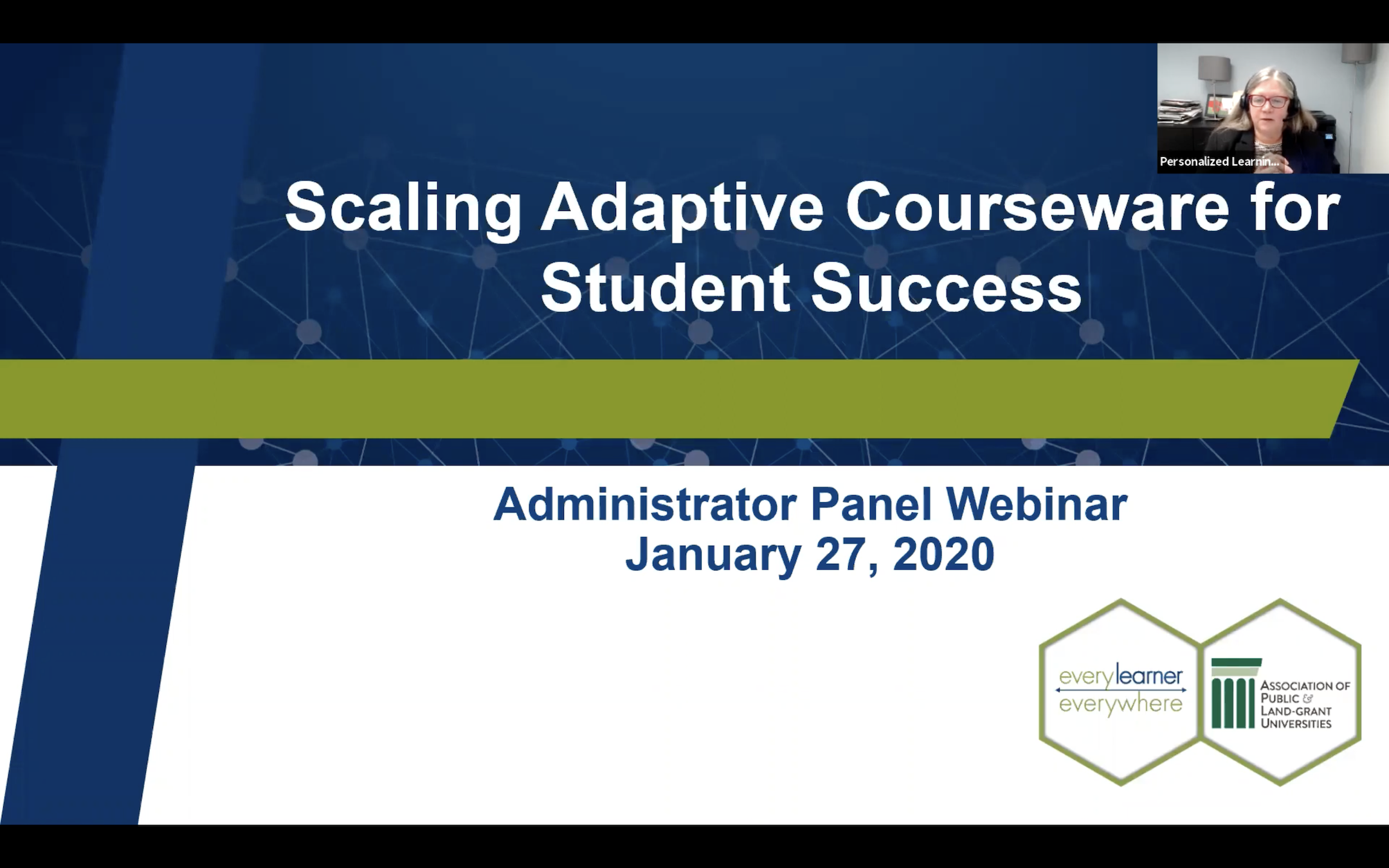
In this webinar, faculty share their experiences at scaling adaptive courseware, reducing section variability, and supporting the implementation of adaptive courseware through Centers for Teaching & Learning.
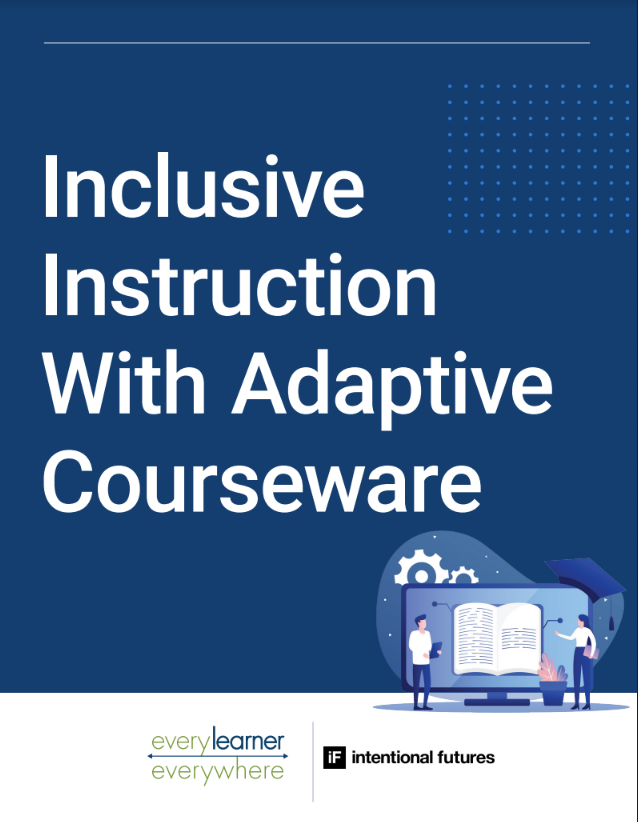
A summary of approaches to developing and evaluating accessible and inclusive courseware
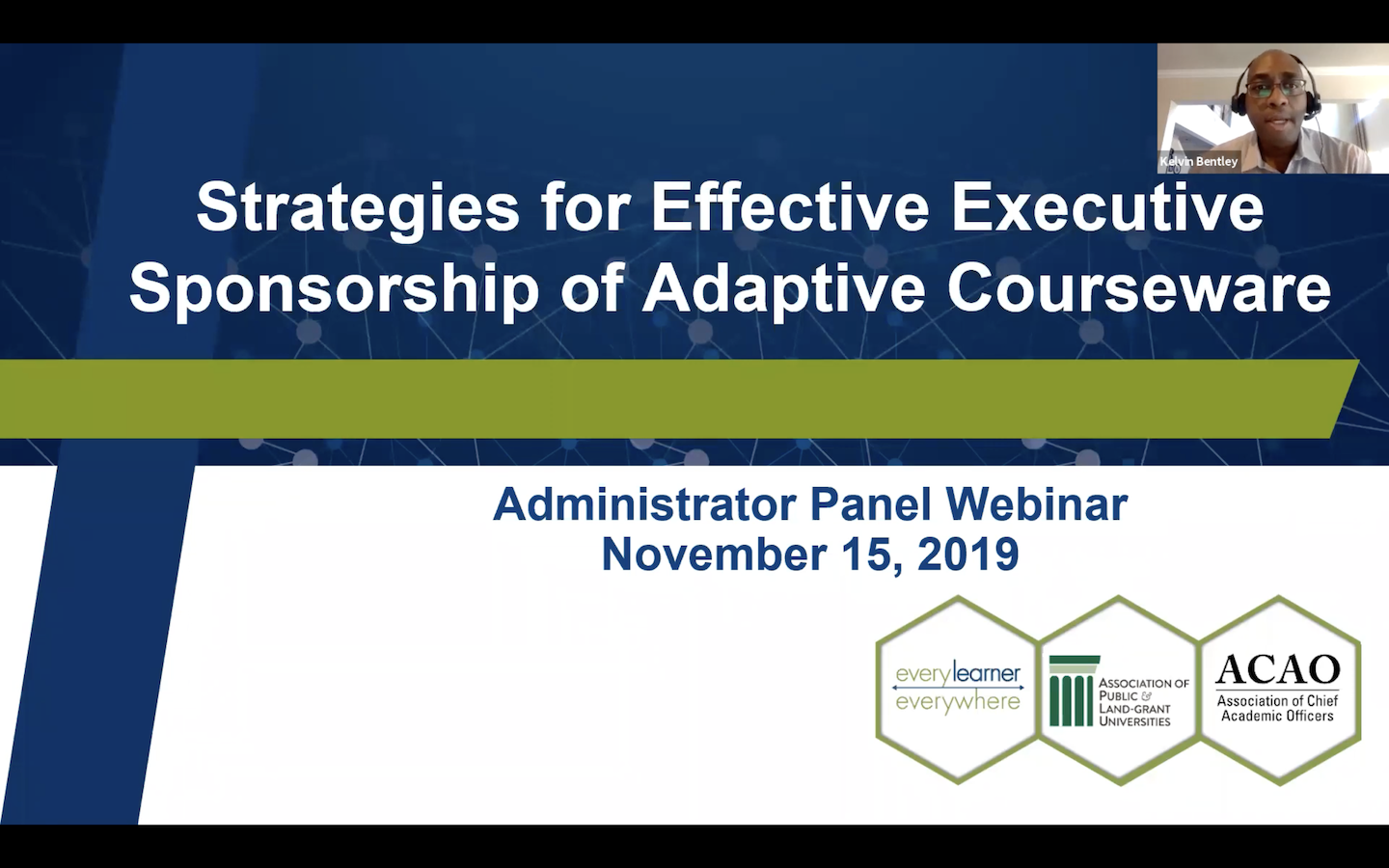
Academic leaders share their experiences working on the adoption and deployment of adaptive courseware initiatives and digital learning resources at their institutions.
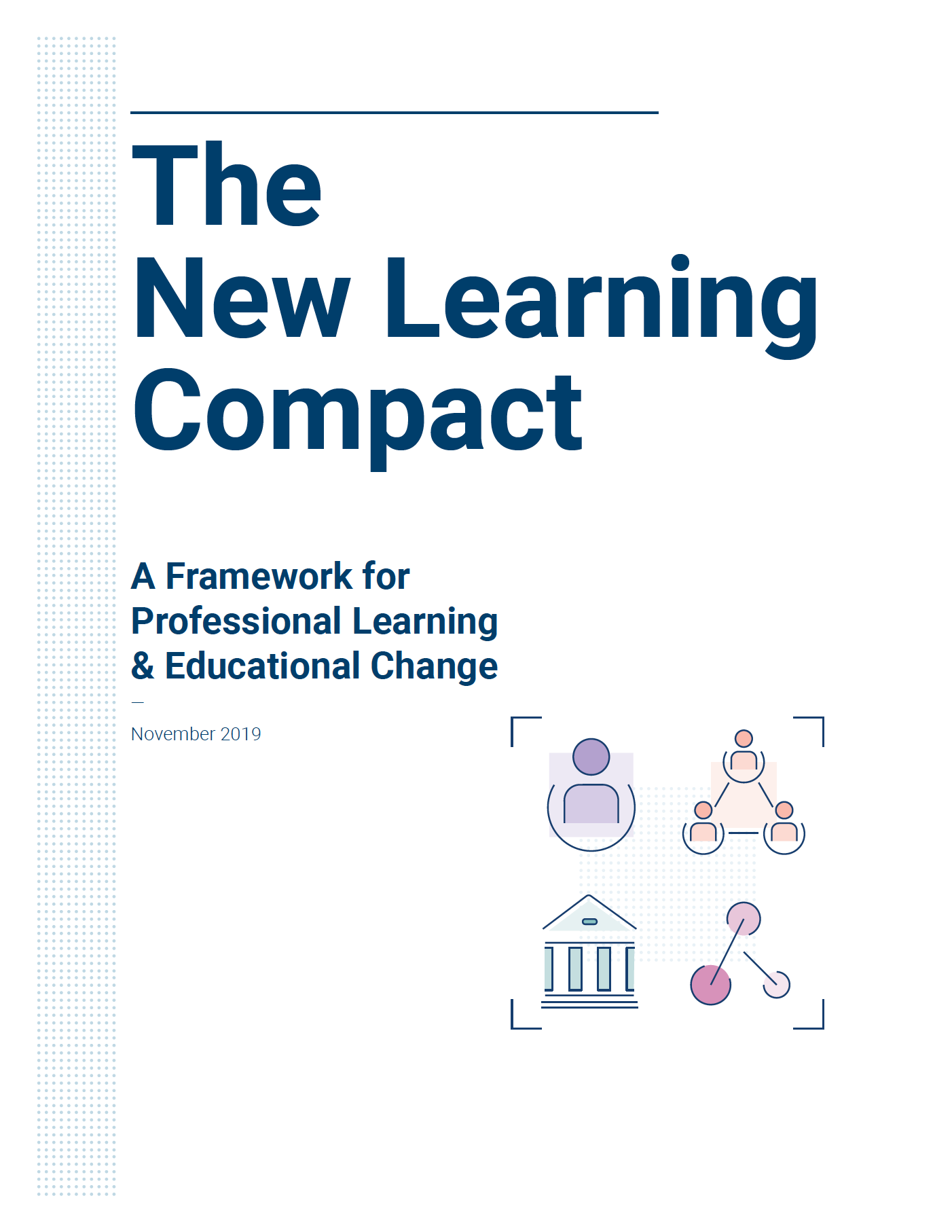
The New Learning Compact Framework is a cohesive resource that includes: Core Values, Core Principles, Inquiry Questions for Self-assessment and Planning, and Guidelines for Implementation and Evaluation.

In this webinar, faculty share how student experiences and feedback has improved their overall use of adaptive courseware.
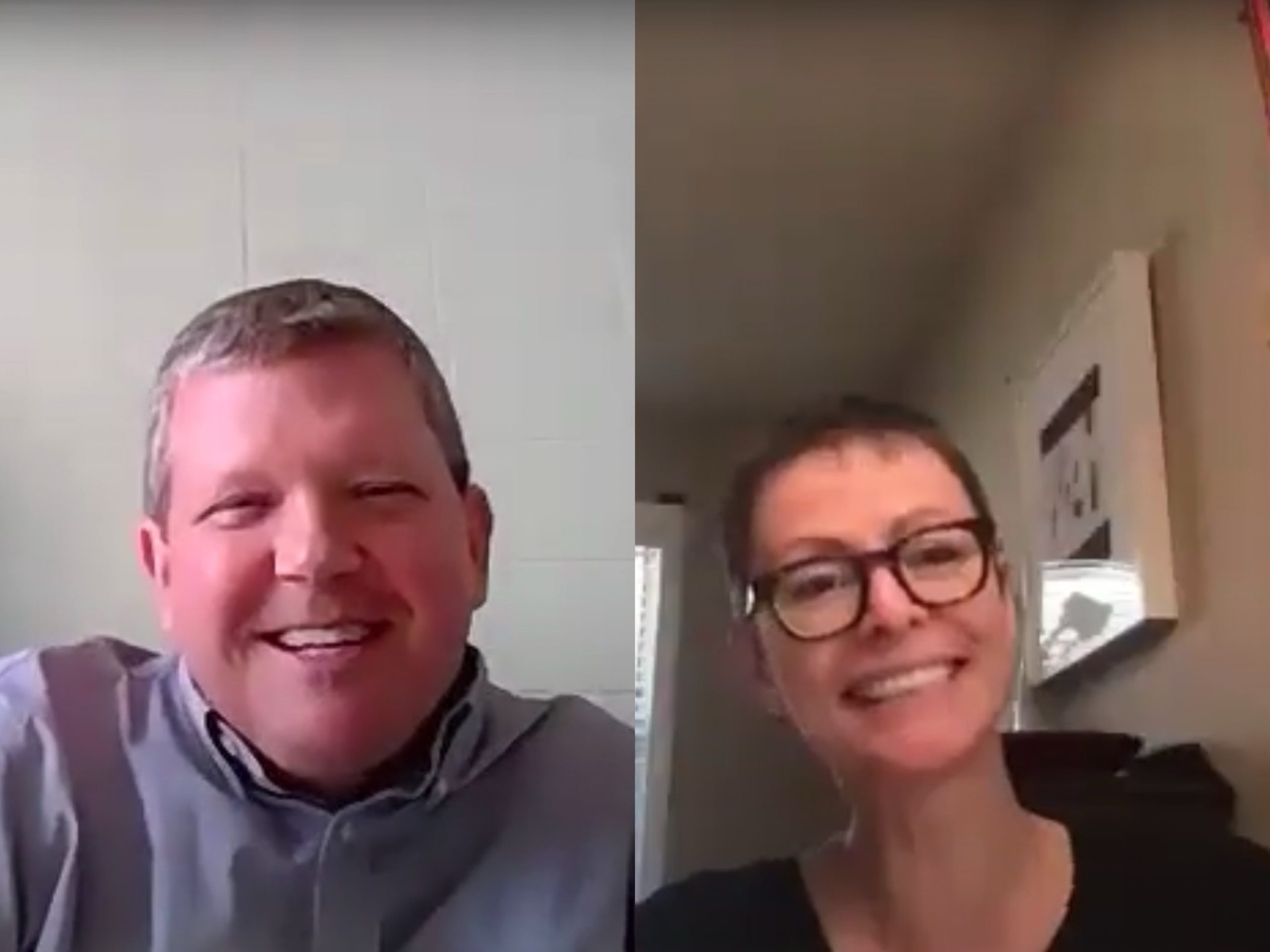
In this webinar, faculty discuss the resources needed for a successful implementation of adaptive courseware and the importance of the relationship with a courseware vendor.
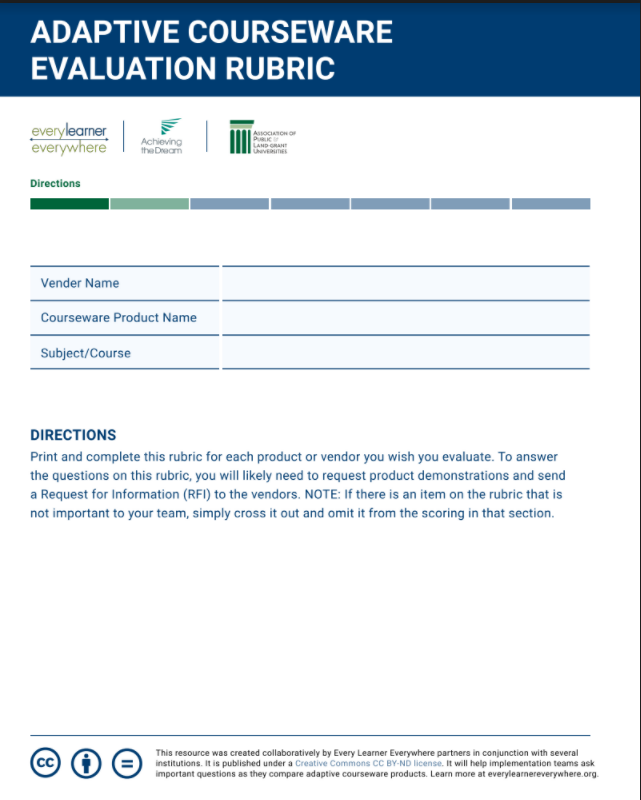
A courseware selection rubric for evaluating courseware products during the adaptive courseware selection process.
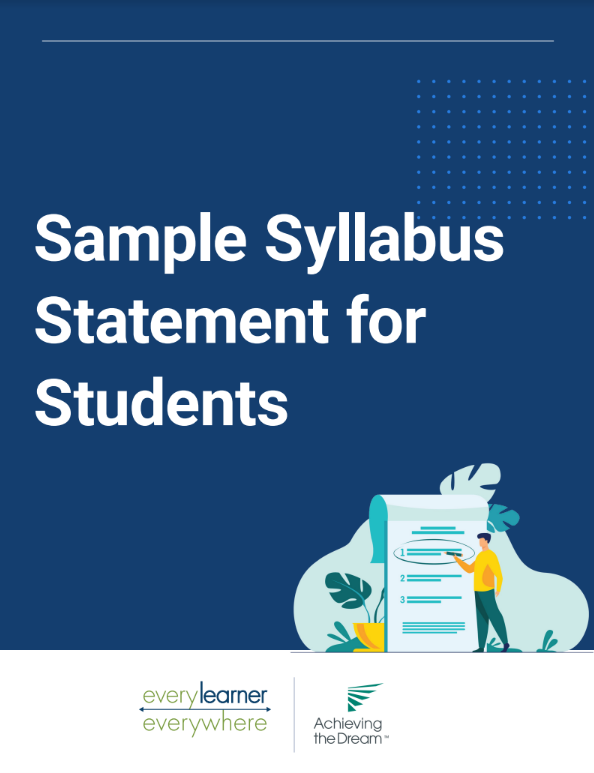
This is a sample syllabus statement to introduce the adaptive courseware component of your course to students.
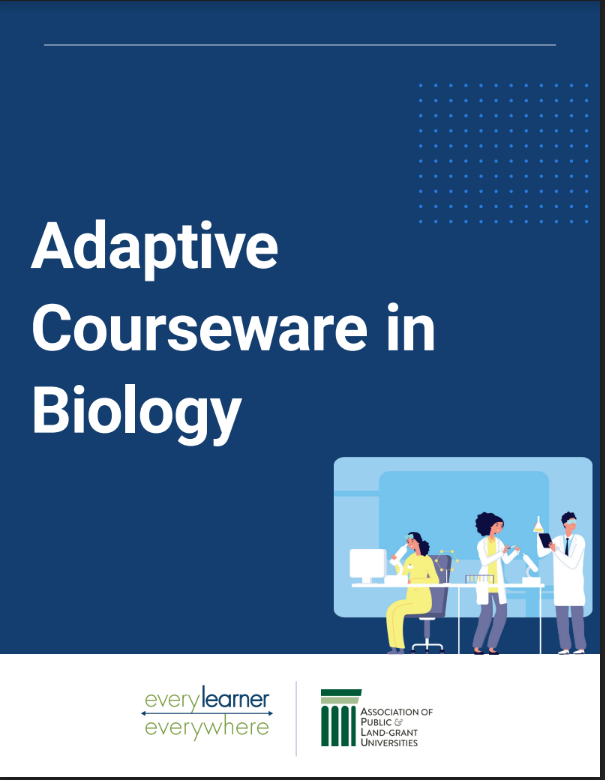
This brief provides an overview of the current research on the effectiveness of adaptive courseware broadly and in the discipline of Biology.

This brief provides an overview of the current research on the effectiveness of adaptive courseware broadly and in the discipline of Chemistry.
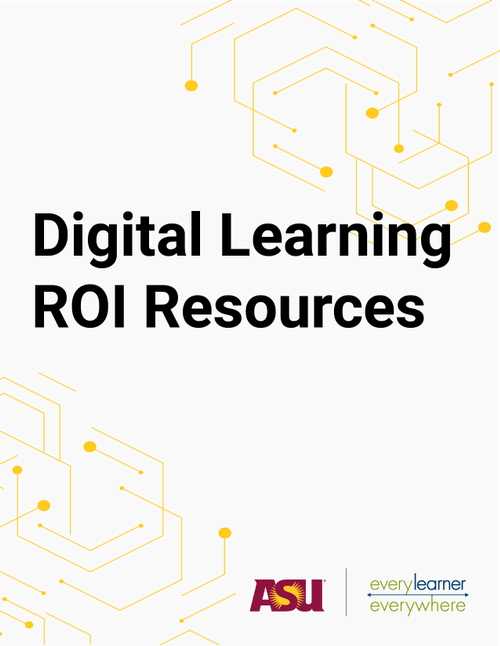
The Digital Learning ROI Resources are a set of issue briefs and case studies designed to help postsecondary institutions develop a comprehensive approach to measuring return on investment (ROI).
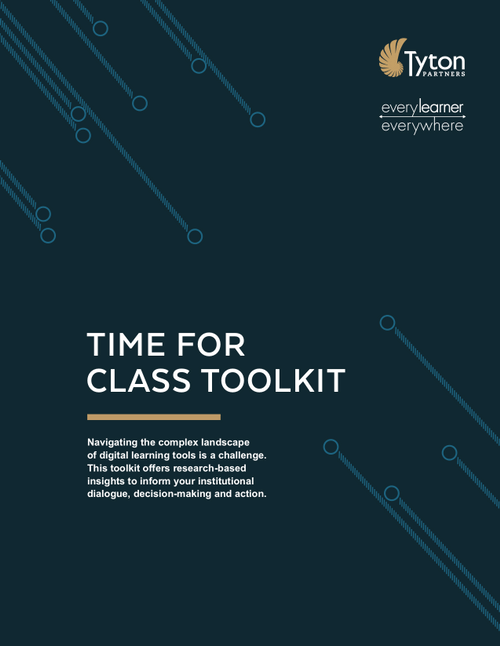
The Time for Class 2019 Toolkit is a set of research-based action briefs and tools designed to support institutional dialogue, decision-making and action.
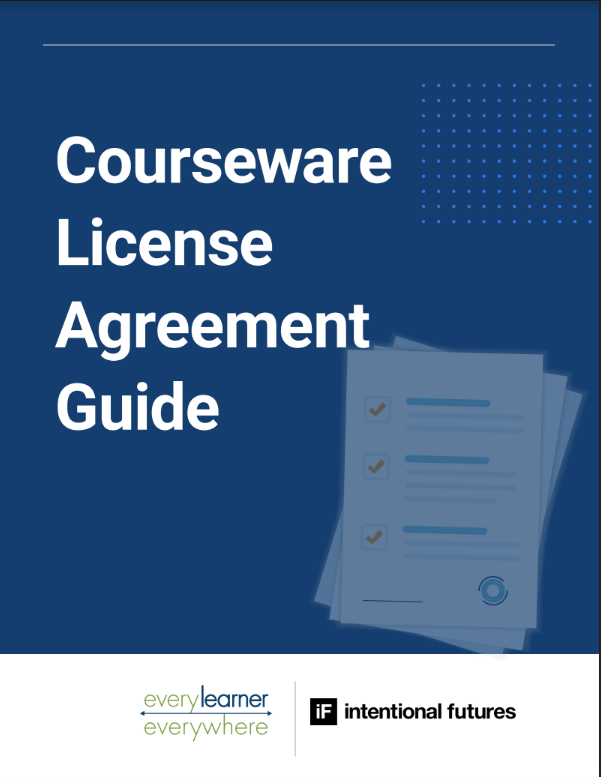
This resource is a set of tools to help you review your adaptive courseware license agreement.













































